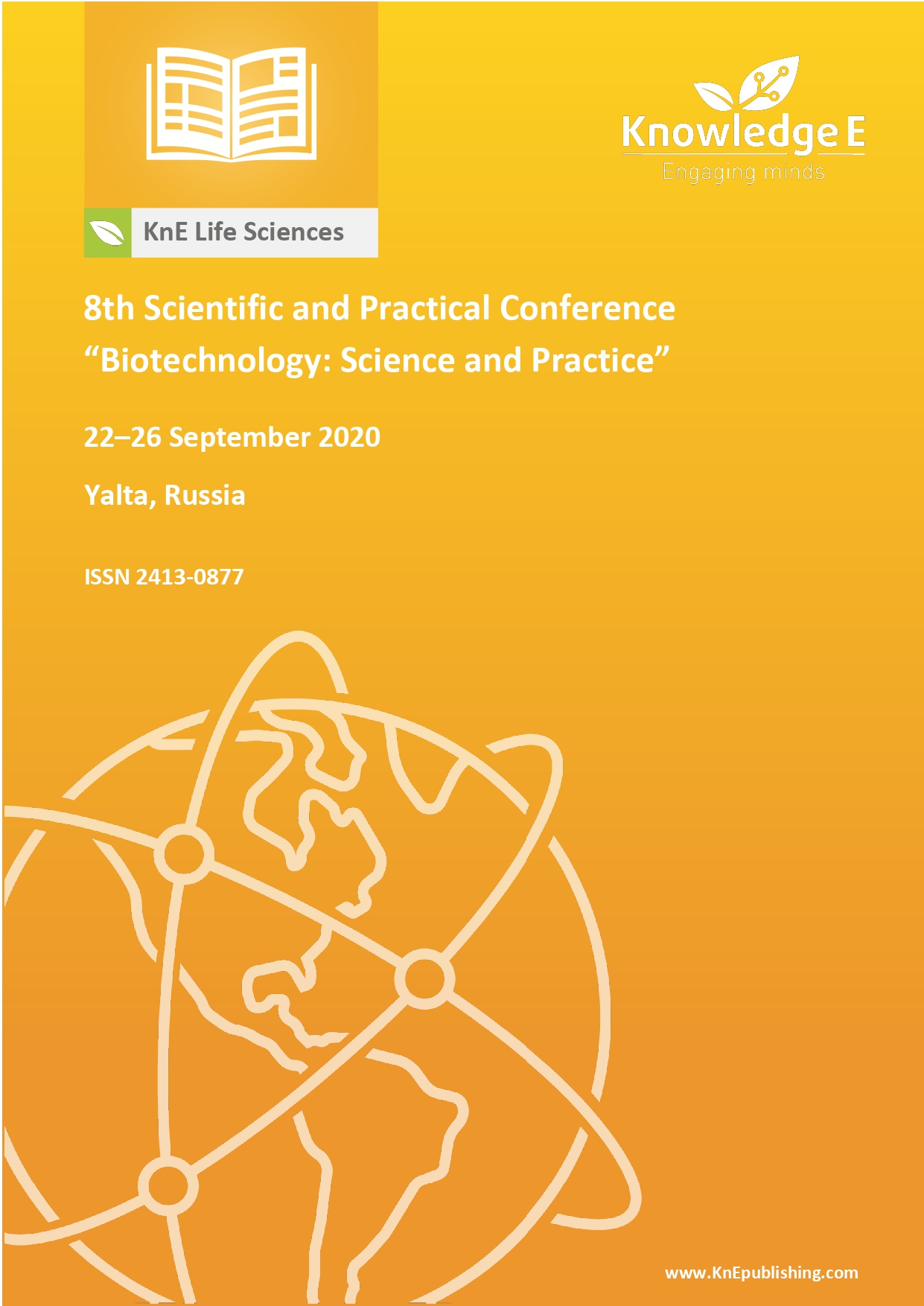The Effect of Biologically Active Substances on Bacillus subtilis Growth and Functional activity
DOI:
https://doi.org/10.18502/kls.v7i1.10472Abstract
For the most part the probiotics development is aimed at finding new effective strains and / or formation of original microbial consortia. It is believed that for the implementation of a therapeutic effect, it is enough for strains to reach in the host's body. However, the experience in practical use of such drugs in most cases revealed their insufficient therapeutic activity. In the last decade, the number of reports on the effect of the microorganisms habitat conditions as a resolving factor on the manifestation of one or another functional activity by them has increased. Herewith, it was suggested about the key role of peptide (cytokine)-regulation in the implementation of this process. Many regulators of protein-peptide nature are hydrolysis products. This study was carried preliminary assessment of industrial hydrolysates as a source of regulatory substances that affect the growth and functional properties of the B. subtilis. The hydrolysates used effect on the B. subtilis growth was assessed by the bacterial growth curve. The hydrolysates effect on the B. subtilis functional activity was assessed by their ability to produce antibacterial metabolites. As a result of the study, the change nature in growth indicators testified that industrial hydrolysates, in addition to nitrogenous nutrients, contain a number of biologically active substances, with can both suppress and stimulate the B. subtilis growth. The dependence of the B. subtilis antibacterial metabolites formation on hydrolysates and their heat treatment is shown. The presence of both thermolabile and thermostable biologically active substances was noted.
Keywords: Bacillus subtilis, biologically active substances, antibacterial metabolites, hydrolysates, probiotics.
References
Mikhailova N.A., Grinko O.M. (2010). Bacteria of The Genus Bacillus - Producers of Biologically Active Substances of Antimicrobial action. Journal of Microbiology, Epidemiology and Immunobiology, N.3, P. 85-89
Mikhailova N.A., Voevodin D.A., Lazarev S.A. (2020). Modern ideas about pro-/eukaryotic interactions of the human body are the basis for the creation of a new generation of probiotic drugs. Journal of Microbiology, Epidemiology and Immunobiology, N.4, P. 85-89
Khavinson V.K., Linkova N.S. (2017). United mechanism for peptide regulation of physiological function in living nature. Materials of The XXIII Congress of The Physiological Society by I.P. Pavlov, Istoki, Moscow, P. 1696-1698
Grinko O.M. (2010) Experimental study of the antagonistic properties of the bacterial strain Bacillus Pumillus "Pashkov". PhD Dissertation, Moscow Medical Academy, 2010

